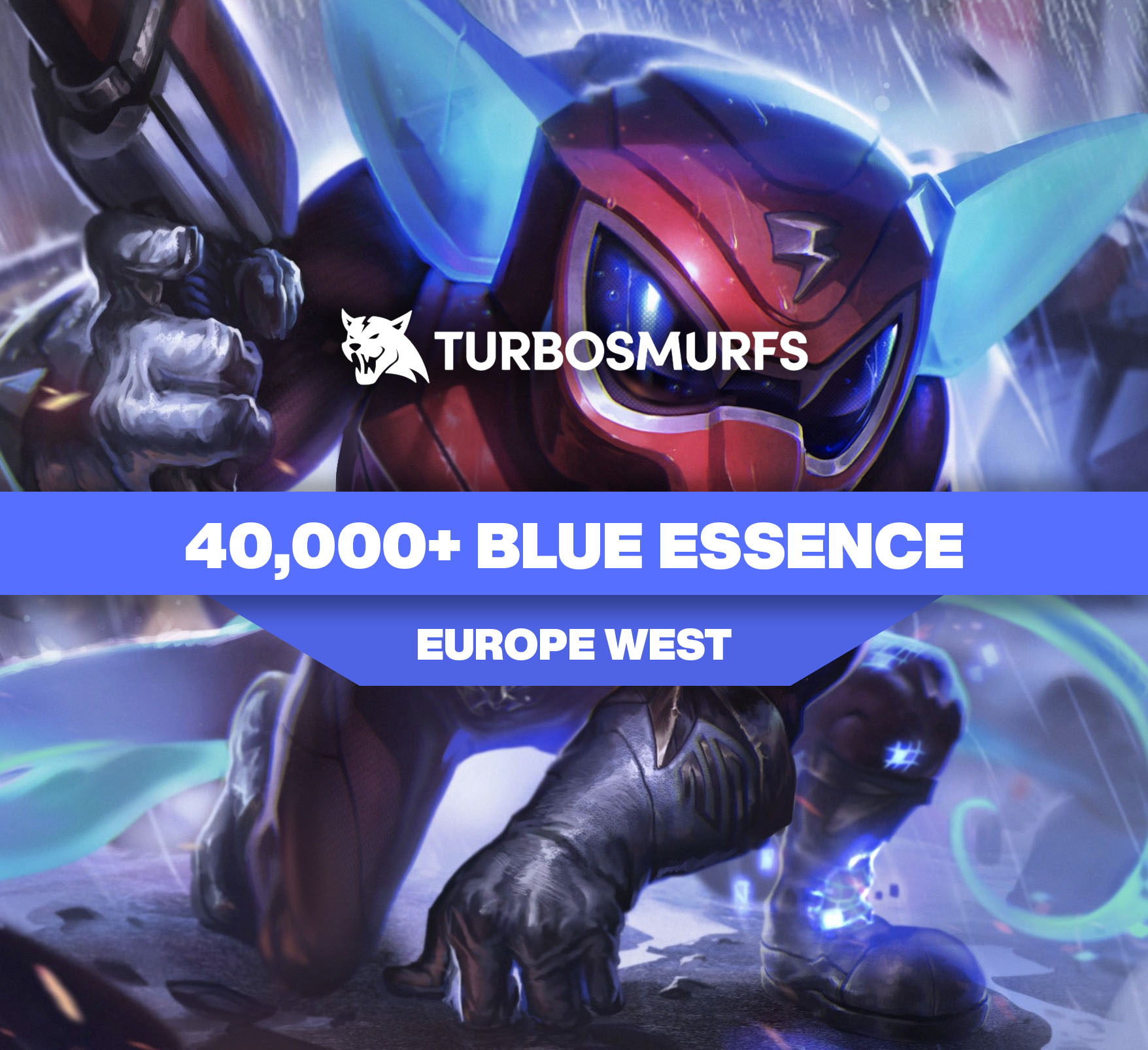
Why students are increasingly choosing to write research papers on gaming culture
Research papers once focused mainly on classic literature or historic wars, yet a growing number of students now elect to analyze modern gaming culture instead. Teachers notice proposals exploring community memes, speed-running, and in-game economies appear more often each semester. This shift is not just a fad; it mirrors the way games have merged with music, film, and social media to shape everyday life. Because games sit at the crossroads of technology, art, and sociology, they offer fresh angles for argument and data collection, all while feeling familiar and fun to the writer. Even concerns about academic support reflect the trend. When curious freshmen read what people say in myassignmenthelp.com reviews, they quickly see that assignments linked to gaming topics dominate discussion boards. The buzz shows that gaming studies, once considered niche, has moved into the mainstream. Understanding why this happens can help educators guide projects that are both engaging and rigorous. From campus clubs that organize charity streams to libraries hosting lively retro game nights, markers of this shift appear daily in hallways, dorm rooms, and even on official university calendars.
The Rise of Gaming as a Legit Subject
Only a decade ago, a student who proposed research on video games might have faced polite laughter. Today, faculties across sociology, psychology, and media departments encourage that choice. Part of the change comes from new academic journals, conferences, and degree programs devoted to game studies. Library databases list thousands of peer-reviewed articles on topics such as avatar identity, loot box economics, and cooperative play. University funding also follows interest; small grants now back projects that track esports athletes or measure brain activity during virtual reality sessions. Guidance about writing these papers has grown just as quickly. After browsing different paper writing service reviews on scamfighter, many students notice that providers advertise experts in “Fortnite ethnography” or “Minecraft pedagogy.” Such offerings prove how normal the subject has become. The presence of professional feedback reassures hesitant learners and signals to professors that gaming culture provides enough scholarly weight to stand beside established fields.
An Endless Stream of Primary Sources
When an assignment demands original evidence, gaming culture delivers in abundance. Online forums, streaming platforms, and social networks capture every patch note, tournament highlight, and fan debate in real time. For student researchers, this creates a living archive that is free, public, and searchable. A seven-day Twitch chat log can supply more linguistic data than an entire semester of classroom observations. Likewise, subreddit polls reveal attitudes on monetization or representation faster than traditional surveys. Collecting screenshots and timestamped videos is also less intimidating than arranging in-person interviews, so shy learners still gather robust data. Teachers appreciate the transparency, because sources can be revisited by anyone marking the paper. The sheer volume encourages the use of spreadsheets, coding tools, and basic statistics, pushing students to practice digital literacy skills. Because the material updates hourly, a paper finished in May can still feel relevant in December, a claim few topics in textbook chapters can match.
Passion Meets Academic Purpose
Choosing gaming culture lets students blend personal hobbies with scholarly inquiry. Many learners already spend evenings exploring new releases or watching esports streams, so the background knowledge is built in. Writing from familiarity reduces the time normally spent decoding jargon, freeing energy for higher-level analysis. It also boosts motivation. Surveys show that pupils who care deeply about their topic draft more pages, revise more often, and seek feedback earlier. Teachers gain, too, because lively class discussions arise when everyone understands the examples being cited. Still, passion alone is not enough. Professors guide writers to move beyond anecdote by applying theory from sociology, media studies, or psychology. A comparison of narrative structures in RPGs can borrow tools from literary criticism, while a study on toxic chat may use behavioral science scales. When students learn to anchor personal excitement in tested frameworks, they develop transferable skills: critical thinking, structured argument, and evidence-based reasoning.
From Classroom to Career
Game-focused research papers do more than fill a grade book; they prepare students for fast-growing industries. The global games market now rivals film and music combined, and employers need workers who understand both code and culture. By studying player behavior, in-game economies, or narrative design, students practice methods sought by companies in marketing, analytics, and community management. Skills honed through these papers include:
- Data scraping and visualization
- Cross-cultural communication
- Ethical analysis of monetization tactics
- Clear reporting for mixed audiences
Because each bullet adapts academic insight to real-world problems, graduates can speak the language of recruiters. Internships at studios or esports organizations often ask for writing samples; a polished research paper on gaming culture fits that bill perfectly. Even students heading into unrelated fields gain an edge, since curiosity about emerging media signals adaptability. As technology advances, topics like augmented reality and metaverse events will rise. Students who mastered today’s gaming studies will be ready to investigate tomorrow’s digital frontiers.

